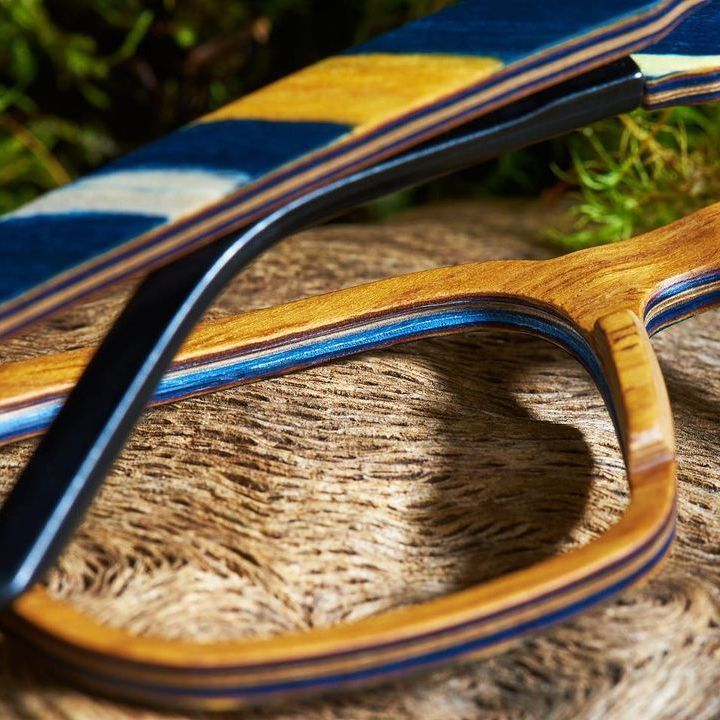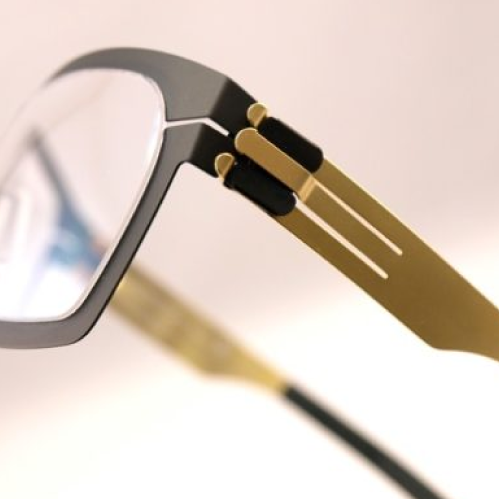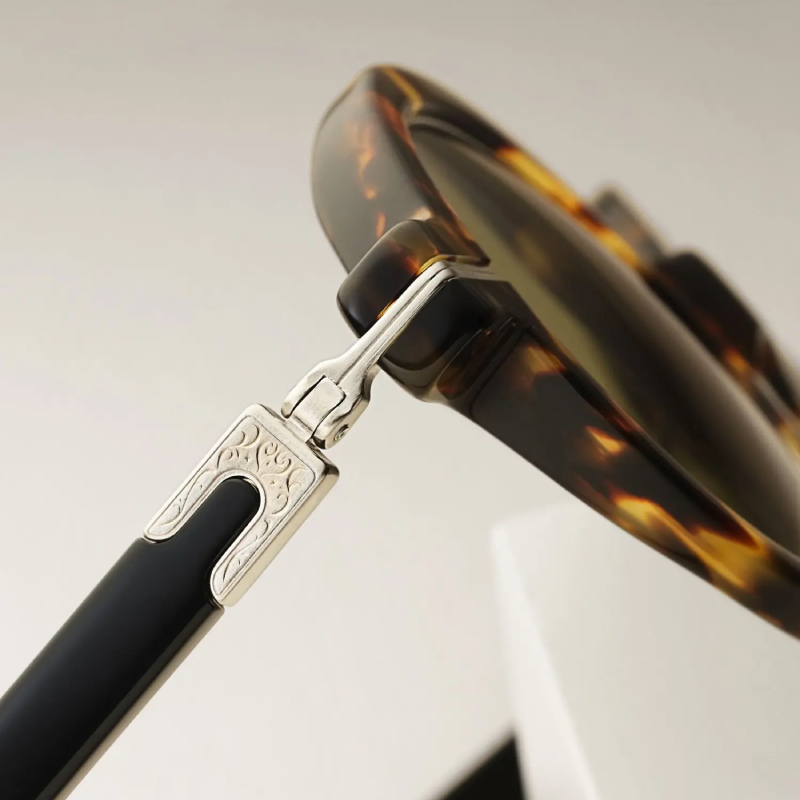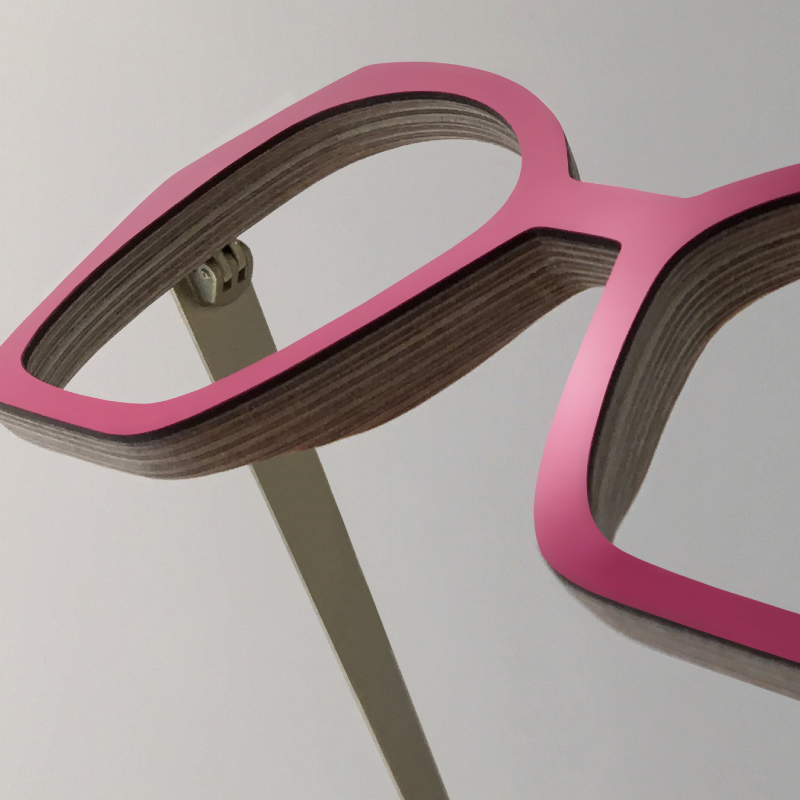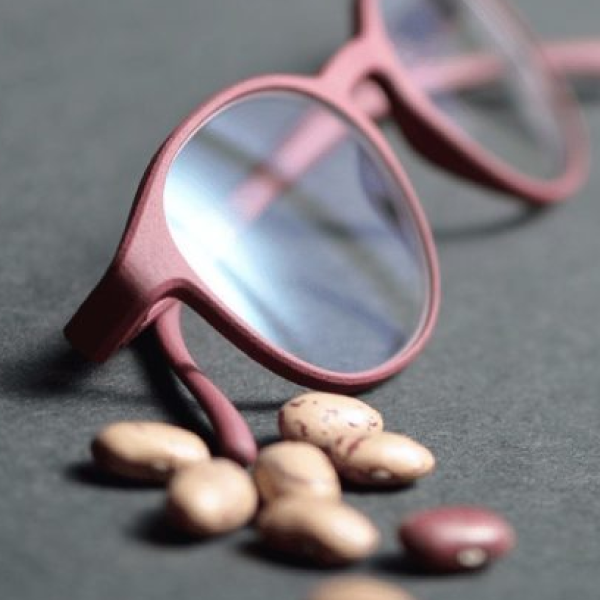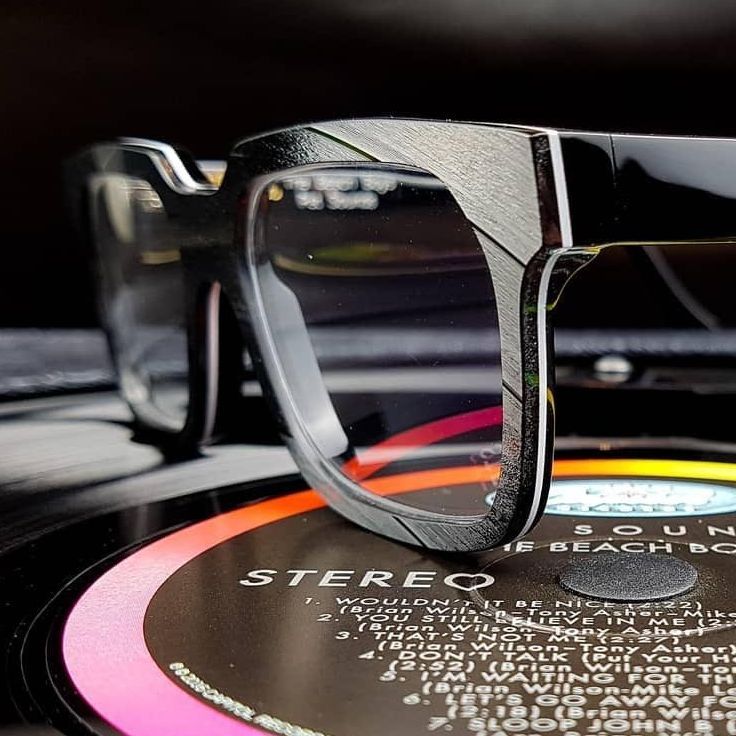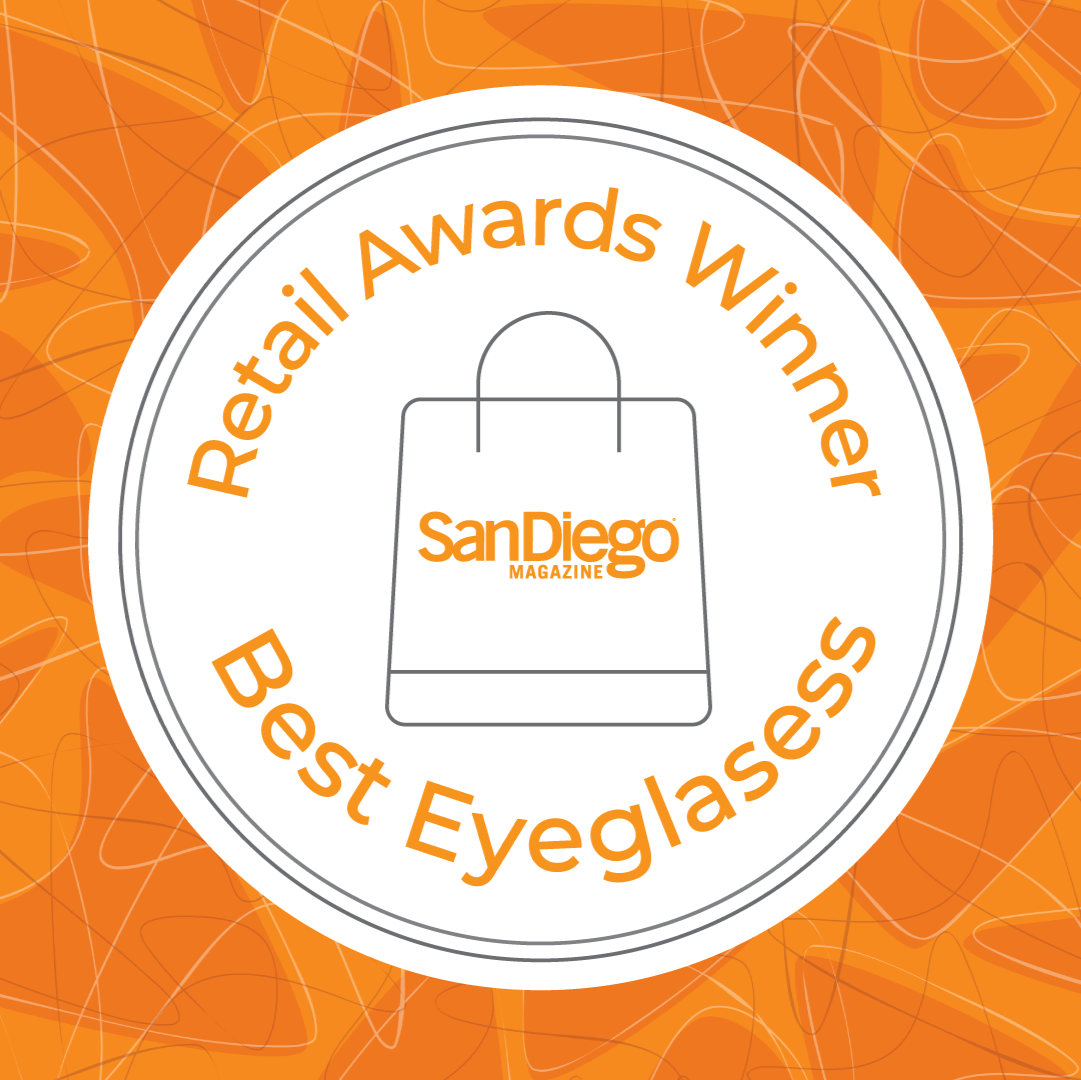SUSTAINABLE EYEWEAR
Sustainability is no longer just a buzzword - it’s a driving force in the luxury market, influencing everything from fashion to fine design. The world of eyewear is no exception. A growing number of independent eyewear designers are embracing eco-conscious craftsmanship, creating stunning frames using recycled acetates and metals, FSC-certified woods, repurposed vinyl records, and even cutting-edge 3D printing technology with bio-based materials like castor beans. These sustainable materials don't just reduce environmental impact - they also add unique texture, character, and story to each handcrafted piece.
What Does Sustainability Mean in Eyewear?
In the context of eyewear, sustainability encompasses the use of eco-friendly materials, ethical manufacturing processes, and practices that minimize environmental impact. This includes utilizing recycled or biodegradable materials, reducing waste through efficient production methods, and ensuring fair labor practices. The goal is to create products that are not only stylish and durable but also contribute positively to the planet's health.
Sustainable Practices in Eyewear
- Eco-Friendly Materials: Incorporating materials such as recycled acetate, FSC-certified wood, and bio-based plastics.
- Efficient Manufacturing: Adopting processes like 3D printing to reduce material waste and energy consumption.
- Recyclable Packaging: Using packaging materials that are recyclable or made from recycled content.
Luxury Eyewear with a Conscience
At Urban Optiks Optometry, we curate an extraordinary selection of handcrafted sustainable luxury eyewear from around the globe, showcasing artisanal designs that reflect both innovation and elegance. In our organic modern boutique - where live greenery meets curated, eco-friendly interiors - each frame is a testament to responsible style and refined individuality. Explore the future of luxury eyewear and discover how sustainability can look as good as it feels.
FEB31ST
FEB31ST is a pioneer in sustainable luxury eyewear, crafting each frame from layers of responsibly sourced, FSC-certified wood. Handmade in Italy, these frames combine natural materials like Bolivar and Kauri with bold color customization, offering a completely bespoke product with minimal environmental impact. The brand operates with a zero-waste philosophy, producing only made-to-order frames to eliminate overproduction. FEB31ST’s commitment to sustainability extends beyond materials - it’s embedded in their ethical manufacturing practices and dedication to transparency, proving that luxury and responsibility can go hand-in-hand.
ic! berlin
ic! berlin merges cutting-edge design with eco-conscious production by using recyclable materials like stainless steel and beta titanium in their signature screwless frames. Manufactured in Berlin, their process is streamlined for efficiency, producing lightweight, long-lasting eyewear with minimal waste. By focusing on durability and repairability, ic! berlin reduces the environmental toll of frequent replacements. Their packaging is also intentionally minimal and recyclable, rounding out a thoughtful approach to sustainability that prioritizes both innovation and environmental stewardship.
Matsuda
Matsuda subtly integrates sustainability into its heritage-driven eyewear by incorporating recycled acetate into many of its handcrafted frames. Produced in small batches by master artisans in Japan, each pair reflects a dedication to quality over quantity - an approach that naturally reduces waste and extends product lifespan. By repurposing acetate trimmings and scrap materials into new designs, Matsuda preserves both the planet and the meticulous tradition of Japanese craftsmanship, offering a quiet yet impactful nod to environmental responsibility.
Nina Mûr
Nina Mûr is a Madrid-based eyewear brand that seamlessly blends artistry with sustainability. Committed to a 360º sustainable approach, the brand emphasizes local production, ethical practices, and the use of eco-friendly materials. Each frame is handcrafted from Finnish birch wood sourced from responsibly managed forests, ensuring both durability and lightness. The production process involves creating custom plywood in-house, which is then shaped, pressed, and finished using a combination of CNC technology and meticulous manual craftsmanship. This method not only reduces waste but also allows for customizable designs tailored to individual preferences. By producing in controllable and scalable quantities, Nina Mûr adheres to the principles of slow fashion, ensuring quality over quantity and minimizing environmental impact.
ROLF Substance
ROLF Substance redefines sustainable innovation with its award-winning collection of 3D-printed eyewear made from plant-based materials derived from castor beans. These frames are biodegradable, lightweight, and require no screws or adhesives, making them both eco-friendly and exceptionally durable. Designed and produced entirely in-house in the Austrian Alps, ROLF’s zero-waste 3D printing process represents a future-forward approach to eyewear. Their closed-loop system reflects a deep commitment to circular design, where every step considers the planet without compromising on quality or style.
Vinylize
Vinylize stands out in the eyewear industry by transforming recycled vinyl records into stylish and durable eyewear. Since 2004, the brand has been committed to sustainability, repurposing over 3 tons of vinyl annually that would otherwise contribute to plastic waste. The process involves sourcing discarded records, cleaning and preparing them, and then molding them into unique eyewear frames. Each pair retains the distinct grooves and textures of the original vinyl, making every piece one-of-a-kind. Beyond eyewear, Vinylize extends its upcycling ethos to accessories like mirrors and cases, further promoting a circular economy. Their dedication to eco-friendly practices not only reduces landfill waste but also offers consumers a tangible connection to music history through sustainable fashion.


